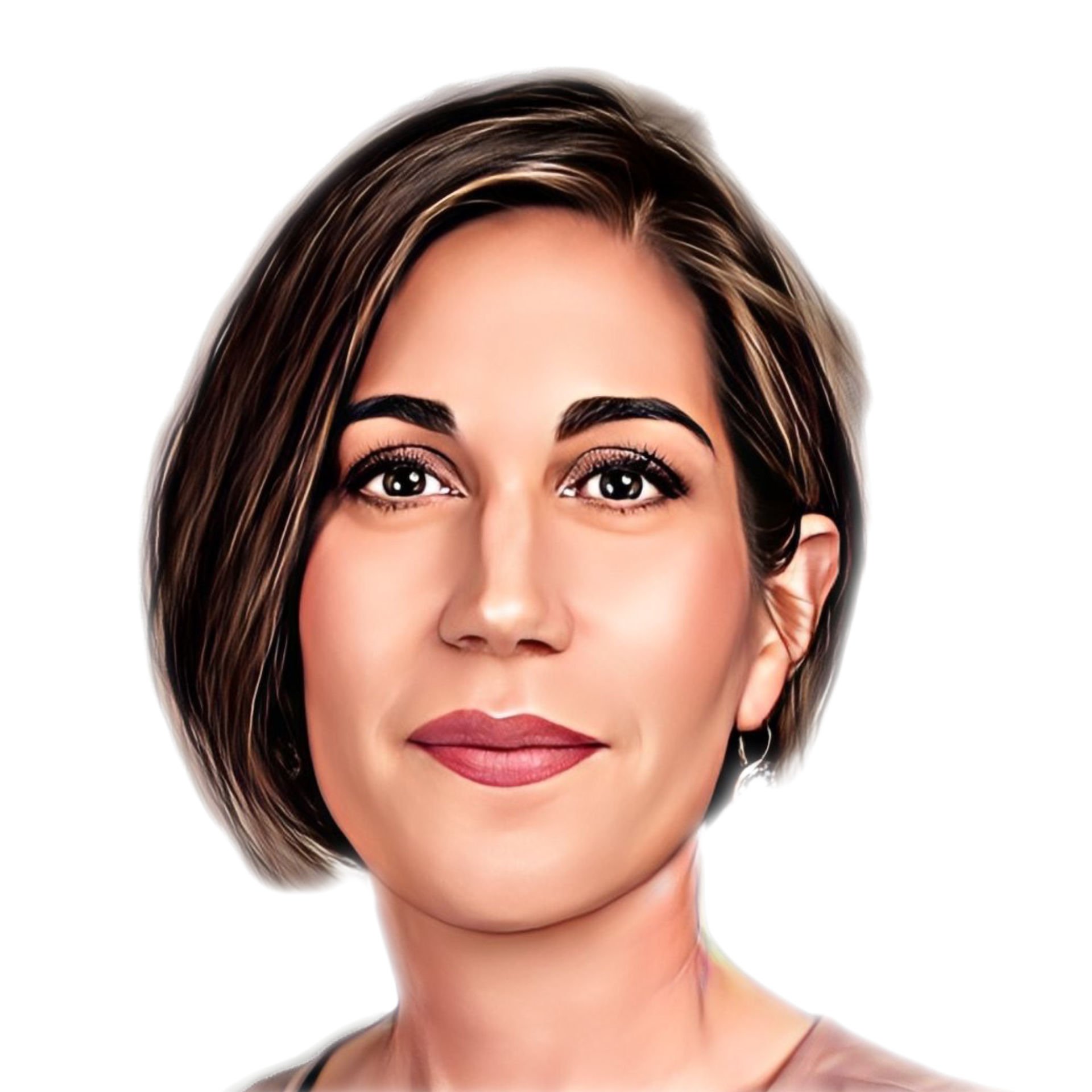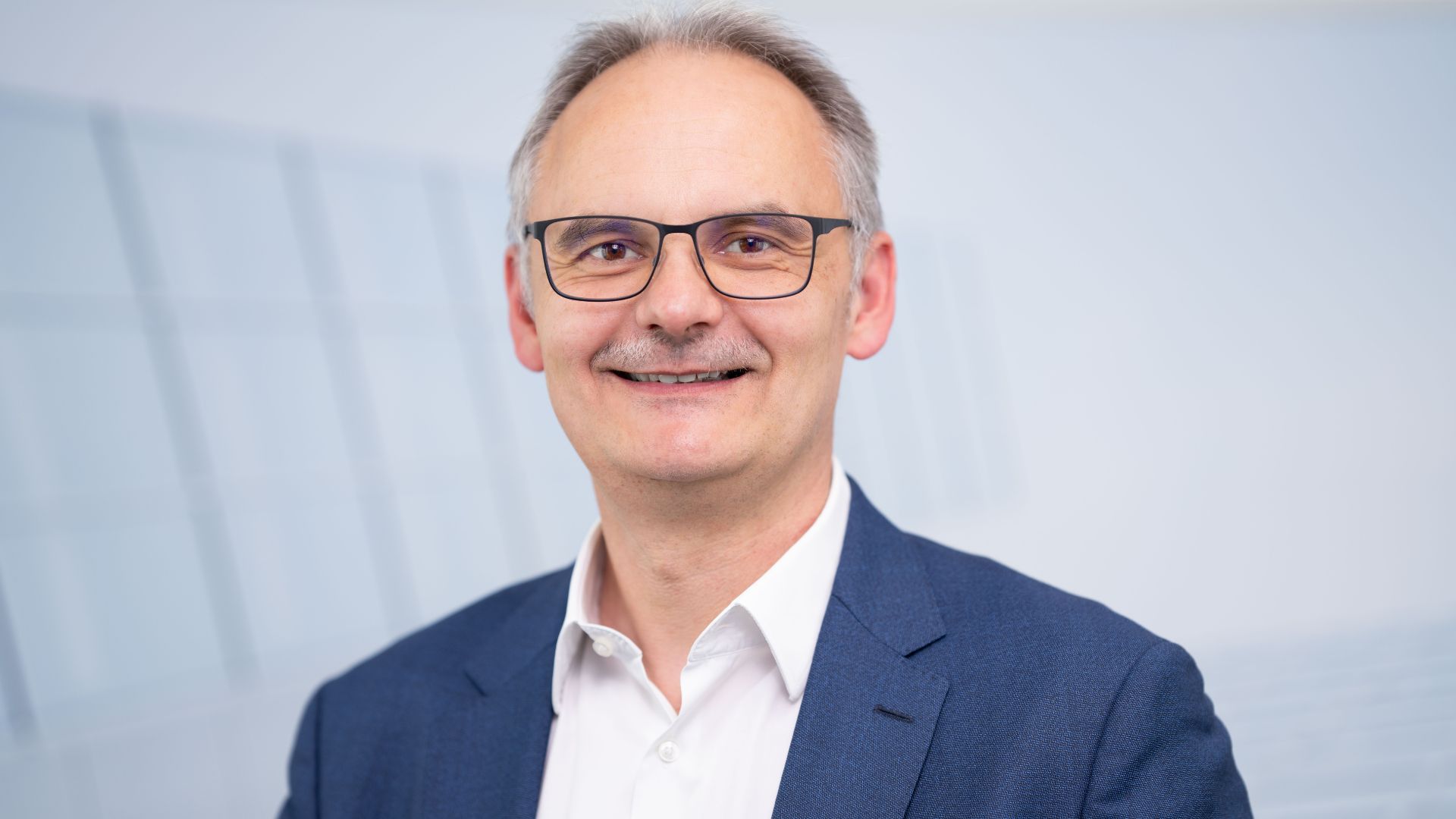Without the right sponsors, it would all be nothing. And even if in year two of the pandemic the Payment Exchange had to take place differently than we had hoped, we thank our great sponsors who believe in us and remain loyal to us.
On the occasion of the PEX theme week from 27.9. By 10/1/2021, we will gradually introduce you to all the wonderful sponsors and companies. We have prepared five questions in which our sponsors look back on the past 1.5 years, depict the transformation process in the company and, above all, dare to look to the future.
We thank Mastercard, one of the leading international technology companies in payment transactions. With a fast payment processing network, Mastercard connects cardholders, banks, merchants, governments and businesses in over 210 countries and territories.
1. 1.5 years of the pandemic are already behind us – what effect have you noticed in your company due to the situation?
Priorities changed overnight and we were suddenly faced with completely new issues driven by the pandemic. We’ve all witnessed how people’s habits have changed – shopping online, paying contactless or commuting to work less often. They have found these new habits – and the technologies that make them possible – to be more useful, productive and enriching. These habits will not revert to March 2020 levels. You have changed – and permanently!
2. what were the biggest challenges during this time?
In global payments, the digital revolution did not just begin with the Corona pandemic. The right infrastructure for contactless and mobile payments was already in place, as was secure e-commerce. Therefore, we were able to quickly adapt to the new situation, payments could be processed safely and also the trust could be created that people need to break away from old habits. The use of digital technologies is perceived much more positively today, because they made many things possible during the crisis.
As a global player, we now want to use our technologies to help drive the recovery and see three pressing challenges for the world economy: data use and privacy, nationalistic tendencies in global trade, and above all climate change. These challenges affect how we will live and do business together. But these challenges also fuel the public mistrust and polarization we have seen in recent years. It is our responsibility to ensure that the technologies we develop reach more people, that digital trade barriers are removed and that we protect the environment.

3. what development has been accelerated in the company – and that is a good thing?
The crisis has made us creative. It has forced us to embrace change and try new things both personally and professionally. I would also like to see this courage to break through outdated patterns and adopt an open-minded attitude towards the new and unfamiliar in the future. Because these new realities are shaping the way we work and live, and have led to the fact that we all now live a “digital first” life.
4. how has your company changed permanently – perhaps also due to Corona?
Mastercard operates a global network that processes over 85 billion transactions annually between more than 40 million businesses and 25,000 banks. Every day, over 16 billion euros are moved in more than 150 currencies, which corresponds to 10,000 transactions per second. It is essential for us to continuously develop new solutions and to understand and respond to the needs of consumers. They rightly demand convenience, a good user experience, and especially security and privacy.
In our Mastercard Labs around the world, specialists are constantly researching new ideas. Digital change and the rapid growth of new technologies will continue to keep us busy in the future. Real time payments, blockchain, cryptocurrencies, real-time payments, open banking, etc. are just a few of the exciting areas in which we operate, and Mastercard is a technology company everywhere.
As we look to the future, we see a world where so many new options are emerging through the interplay of IoT, 5G, cloud and artificial intelligence. Here, we want to continue to be the innovation driver of the industry and shape the digital transformation in the payment industry with our partners – from fintech startups to established banks, but also completely new players such as automotive groups.
5. what do you see as the biggest challenge in the coming months?
The expectations that potential customers have of brands today are higher than ever before. Today, it is no longer enough to have the best product. Companies are also expected to show social commitment – for example in areas such as sustainability or climate protection. In Germany, 82.5% of people demand it, according to a new survey we conducted together with GfK.
If we really want to make progress towards a sustainable world without an expiry date, companies must lead the way. Our future will depend crucially on our answers to the climate question in this decade. We must – and can – rise to this formidable challenge. For successful implementation, it is now important to strengthen digital innovations in this area as well and to cooperate internationally. Because we need the best technologies and solutions to achieve these ambitious goals. To this end, we are also establishing a Sustainability Innovation Lab that will focus precisely on developing solutions for more sustainable consumption and supply chains.
6. Everyone has long felt a certain remote fatigue, yet many also value the home office. What are your plans for employee management in the post-Corona period?
We have all missed the encounters in the workplace. To exchange a few words at the coffee machine or quickly drop in on a colleague to discuss a problem – that was not so easy in the last year and a half and always required a one-hour Zoom appointment. I believe that the office, as a place where our corporate culture lives, cannot be completely replaced by virtual solutions. But it also has to be said that a lot of things have really worked surprisingly well and our teams have also learned to appreciate the home office – with the elimination of commuting to better compatibility.
Since the beginning of September our office is open again. Up to 50 percent of the workplaces can be occupied. Hygiene and protection measures continue to apply. On average, colleagues come to the office two days a week. I assume that the future of our work will remain hybrid, this development can no longer be reversed. We want to combine the advantages of the office and the advantages of the home office in the best possible way.
The questions were answered by Juliane Schmitz-Engels, Head of Communications Germany & Switzerland at Mastercard.





